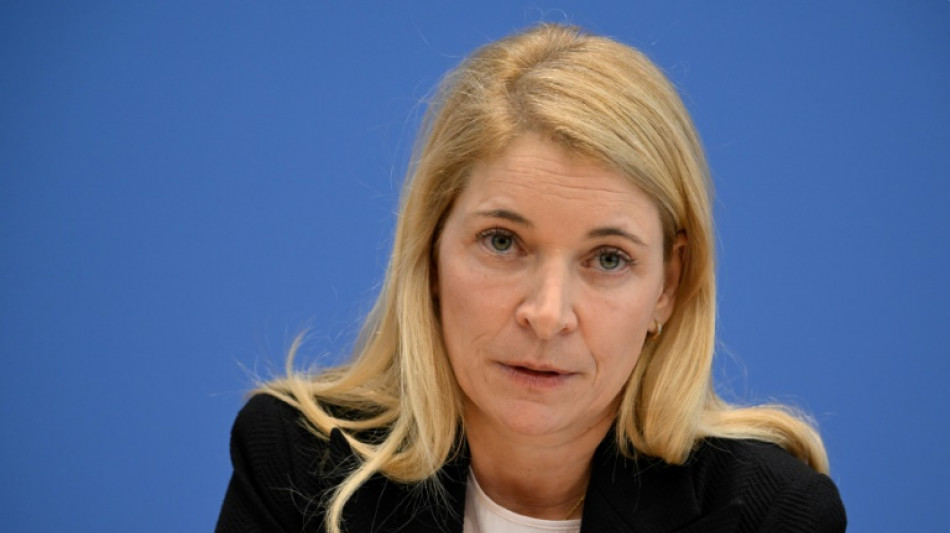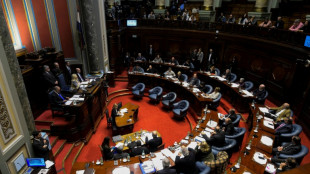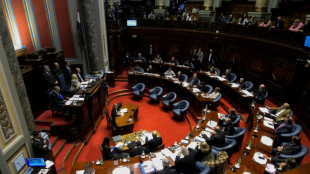

New boss of Germany's crisis-hit railways vows 'new start'
The new chief of Germany's beleaguered rail network vowed Monday to make a new start, with the state-owned operator widely criticised for deteriorating services.
Evelyn Palla is taking the helm of Deutsche Bahn, which was once widely admired for its punctuality and efficiency but now maligned for frequent delays and cancelled trains.
Almost 40 percent of long-distance services arrived late last year, not including the ones that were cancelled.
Promising a "new start", Palla conceded that improvement would take time.
"There is no quality switch we can suddenly flick and then all is good," said the incoming chief executive officer, an Italian who has been at Deutsche Bahn since 2019.
"Renewing railway infrastructure is a marathon, not a sprint."
The 51-year-old replaces Richard Lutz, who was sacked as CEO last month by the government of Chancellor Friedrich Merz, which took power in May and has pledged to get a grip on the crisis at Deutsche Bahn.
At a joint press conference with Palla, Transport Minister Patrick Schnieder said everyone wanted to be "proud" of Germany's trains again.
"We need to show that government can work and also show that the trains can work," he said.
But highlighting the challenges ahead, he also pushed back punctuality targets.
Deutsche Bahn is now aiming for 70 percent of long-distance trains to be on time by 2029 -- the previous deadline was 2026.
Schnieder nevertheless vowed "many billions" would help get the network back on its feet, with 100 billion euros ($118 billion) earmarked for renewing it by 2029.
Critics blame years of under-investment for the network's state.
Railway investment per head rose almost 70 percent last year as the previous government pushed to renew the network, according to passenger lobby group Pro Rail Alliance.
However, neighbours like Austria and Switzerland still spent roughly twice as much.
Palla said there were "gaps" from previous years when it came to paying for the network, particularly when it came to "extending or renewing" it.
"Of course we have to go into structured discussions with the government to close these gaps," she said.
X.Lefebvre--JdB



